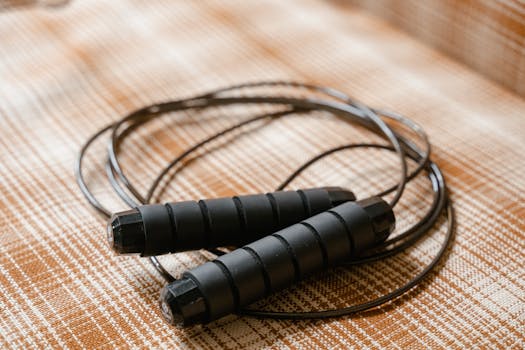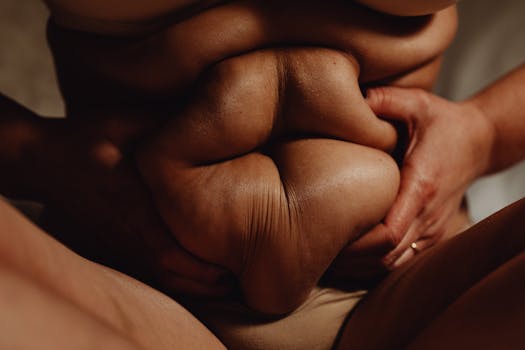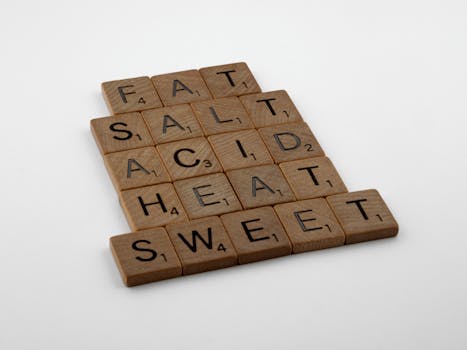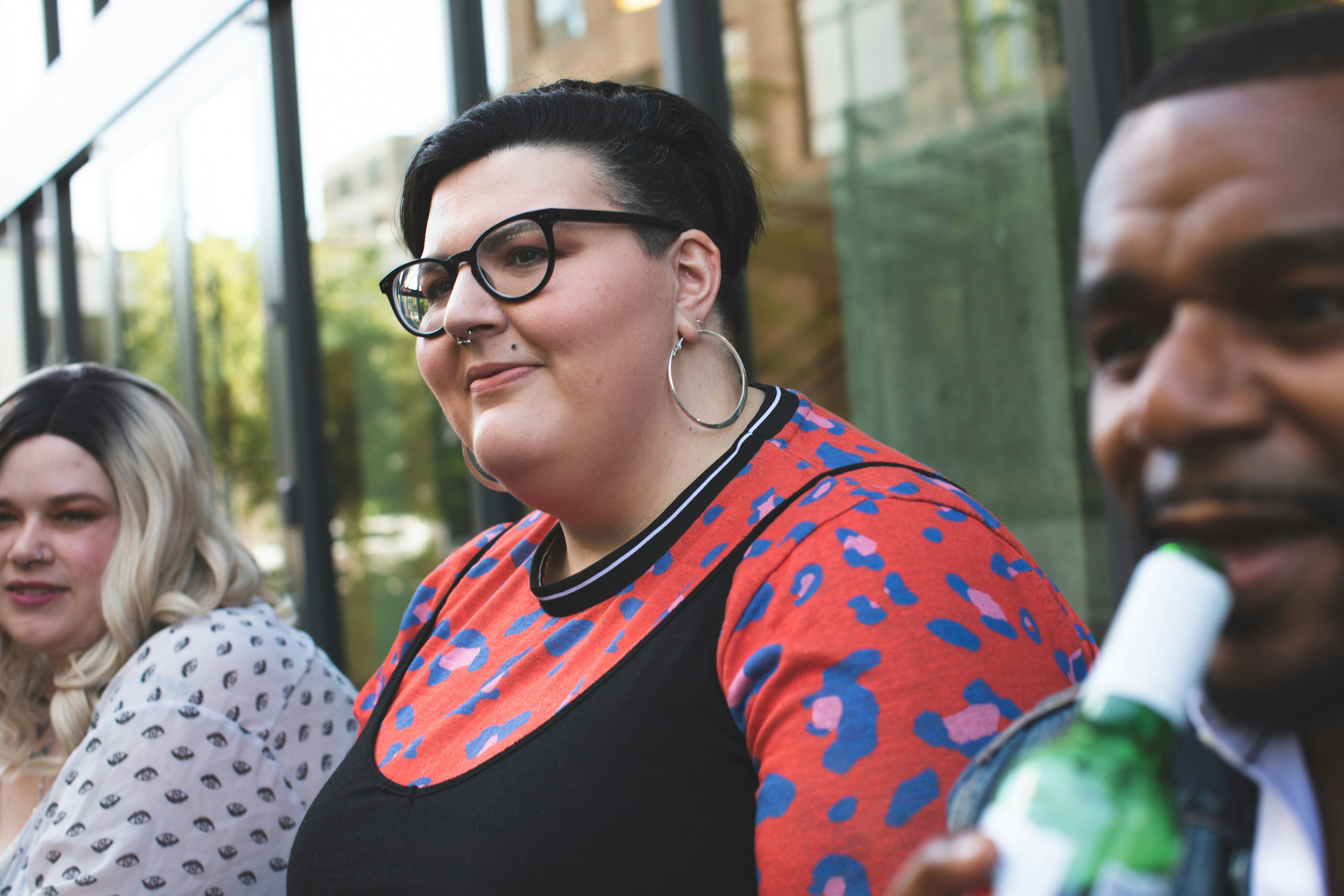Ovulation Fatigue: Why You Feel Tired During Ovulation
Sep 27, 2024
Many women experience various physical and emotional changes throughout their menstrual cycle, and ovulation is no exception. One common question that arises is: does ovulation make you tired? The short answer is yes, for many women, ovulation can indeed cause fatigue. This article will explore the reasons behind ovulation-related tiredness, its symptoms, and ways to manage this fatigue effectively.
Understanding Ovulation
Before diving into ovulation fatigue, it's essential to understand what ovulation is. Ovulation is a crucial part of the menstrual cycle where a mature egg is released from the ovary. This typically occurs around the middle of your cycle, about 14 days before your next period starts. During this time, your body undergoes significant hormonal changes to prepare for potential pregnancy.
The Link Between Ovulation and Fatigue
Many women report feeling tired or exhausted during ovulation. This phenomenon, often referred to as "ovulation fatigue," is primarily due to the hormonal fluctuations that occur during this phase of the menstrual cycle.
Why Do I Feel Exhausted During Ovulation?
The main reason for feeling tired during ovulation is the dramatic shift in hormone levels, particularly estrogen and progesterone. Here's what happens:
Estrogen Rise: Leading up to ovulation, estrogen levels rise sharply. This surge can affect neurotransmitters in the brain, potentially leading to fatigue.
Progesterone Increase: After ovulation, progesterone levels begin to rise. Progesterone is known to have a sedative effect, which can contribute to feelings of tiredness.
Luteinizing Hormone (LH) Surge: The LH surge that triggers ovulation can also cause fatigue in some women.
These hormonal changes can impact your energy levels, leading to feelings of exhaustion or weariness.
The 7 Signs of Ovulation
While fatigue is a common symptom, there are several other signs that can indicate you're ovulating. Here are the 7 main signs of ovulation:
Change in cervical mucus
Breast tenderness
Mild pelvic or lower abdominal pain
Light spotting
Increased sex drive
Bloating
Changes in basal body temperature
It's important to note that not all women will experience all of these symptoms, and some may not notice any signs at all.
Do You Sleep More During Ovulation?
Some women do report sleeping more or feeling the need for more sleep during ovulation. This increased need for sleep can be attributed to the rise in progesterone levels, which can have a sedative effect. If you find yourself needing more rest during this time, it's perfectly normal and listening to your body's needs is important.
Why Do I Feel So Awful During Ovulation?
For some women, ovulation can be an uncomfortable time. In addition to fatigue, you might experience:
Bloating
Breast tenderness
Mood swings
Headaches
Nausea
These symptoms are often referred to as "mittelschmerz" (German for "middle pain") and are caused by the release of the egg from the ovary and the hormonal changes occurring in your body.
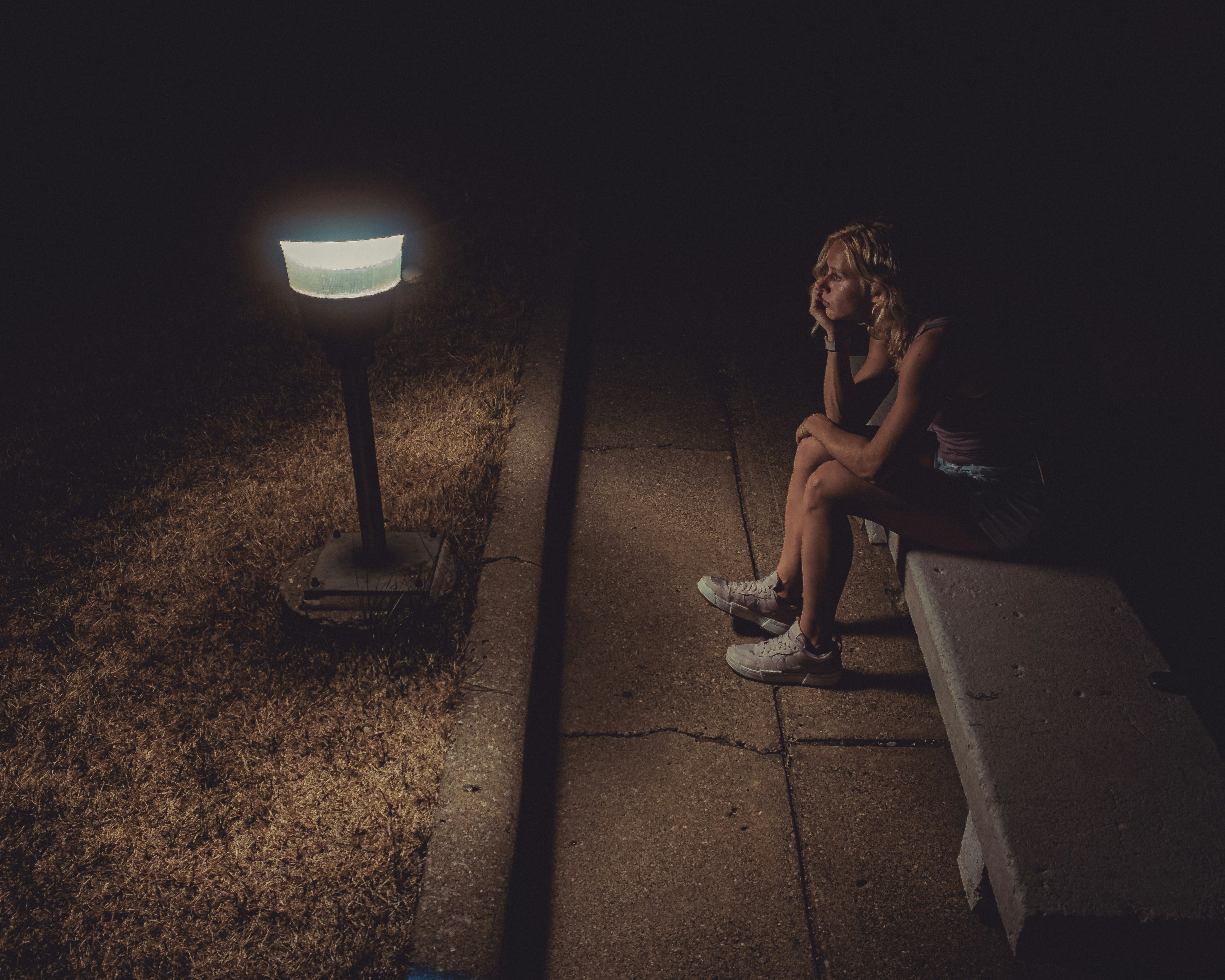
Does Ovulation Make You More Horny?
Many women do experience an increase in libido around the time of ovulation. This is nature's way of encouraging procreation when fertility is at its peak. The surge in estrogen levels can boost sex drive, and some women report feeling more attractive during this time.
Is It Normal to Feel Unwell During Ovulation?
While it's common to experience some discomfort during ovulation, feeling significantly unwell is not typical. If you're experiencing severe pain, heavy bleeding, or other concerning symptoms during ovulation, it's best to consult with a healthcare provider. These could be signs of conditions like endometriosis or ovarian cysts.
When Are You Most Tired During Your Cycle?
While ovulation can cause fatigue, many women report feeling most tired just before their period starts. This is due to the drop in estrogen and progesterone levels that occurs if pregnancy doesn't take place. However, fatigue patterns can vary from woman to woman and even from cycle to cycle.
How Does a Woman Feel When She's Ovulating?
Every woman's experience of ovulation is unique. Some common feelings and sensations during ovulation include:
Increased energy and well-being (for some women)
Heightened senses, particularly smell
Increased sex drive
Mild pelvic discomfort
Breast tenderness
Bloating
Fatigue (for some women)
Is Sleep Good for Ovulation?
Yes, getting adequate sleep is beneficial for ovulation and overall reproductive health. Good sleep habits can help regulate hormones, including those involved in the menstrual cycle. Aim for 7-9 hours of quality sleep each night to support your body's natural processes.
Managing Ovulation Fatigue
If you're struggling with fatigue during ovulation, there are several strategies you can employ to boost your energy levels:
Prioritize Sleep: Ensure you're getting enough quality sleep each night. This might mean going to bed earlier or taking short naps during the day if needed.
Stay Hydrated: Dehydration can exacerbate fatigue. Make sure you're drinking plenty of water throughout the day.
Eat a Balanced Diet: Focus on nutrient-dense foods that provide sustained energy. Include plenty of fruits, vegetables, lean proteins, and whole grains in your diet.
Regular Exercise: While it might seem counterintuitive when you're feeling tired, regular physical activity can actually boost your energy levels. Even a brisk walk can help.
Manage Stress: High stress levels can contribute to fatigue. Practice stress-reduction techniques like meditation, yoga, or deep breathing exercises.
Consider Supplements: Some women find that supplements like iron, vitamin B12, or magnesium help combat fatigue. Always consult with a healthcare provider before starting any new supplements.
Listen to Your Body: If you're feeling particularly tired, it's okay to take it easy. Allow yourself some downtime to rest and recharge.
When to Seek Medical Help
While some fatigue during ovulation is normal, persistent or severe fatigue could indicate an underlying issue. Consider consulting a healthcare provider if:
Your fatigue is severe or interferes with daily activities
You experience extreme pain during ovulation
You have heavy bleeding outside of your normal period
Your cycles are irregular or you're having trouble conceiving
These could be signs of conditions like polycystic ovary syndrome (PCOS), endometriosis, or thyroid disorders, which require medical attention.
The Impact of Lifestyle on Ovulation Fatigue
Your lifestyle can significantly impact how you feel during ovulation. Here are some factors to consider:
Diet: A balanced diet rich in nutrients can help combat fatigue. Foods high in iron, vitamin B12, and complex carbohydrates can be particularly beneficial.
Exercise: Regular physical activity can help regulate your menstrual cycle and boost overall energy levels. However, be mindful not to overexert yourself, especially if you're feeling fatigued.
Stress Management: Chronic stress can disrupt your hormonal balance and exacerbate fatigue. Incorporate stress-reduction techniques into your daily routine.
Sleep Habits: Maintaining a consistent sleep schedule can help regulate your body's natural rhythms and improve energy levels.
Hydration: Staying well-hydrated is crucial for maintaining energy levels and overall health.
Tracking Your Cycle
Understanding your menstrual cycle and ovulation patterns can help you better prepare for and manage ovulation fatigue. Consider using a period tracking app or keeping a journal to note your symptoms throughout your cycle. This can help you identify patterns and predict when you might experience fatigue or other ovulation symptoms.
The Role of Hormones in Ovulation Fatigue
To better understand ovulation fatigue, it's helpful to delve deeper into the hormonal changes occurring during this time:
Estrogen: Peaks just before ovulation, which can lead to increased energy for some women, but fatigue for others.
Progesterone: Rises after ovulation and can have a sedative effect, contributing to fatigue.
Luteinizing Hormone (LH): Surges to trigger ovulation and can cause fatigue in some women.
Follicle Stimulating Hormone (FSH): Rises early in the cycle to stimulate egg development.
Understanding these hormonal fluctuations can help you make sense of the physical and emotional changes you experience throughout your cycle.
The Bigger Picture: Ovulation and Overall Health
While ovulation fatigue can be challenging, it's important to remember that ovulation is a sign of a healthy reproductive system. Regular ovulation indicates that your body is functioning as it should. However, if ovulation fatigue is significantly impacting your quality of life, don't hesitate to discuss it with a healthcare provider. They can help rule out any underlying conditions and provide personalized advice for managing your symptoms.
Conclusion
Ovulation can indeed make some women feel tired, along with causing other physical and emotional symptoms. This fatigue is primarily due to the hormonal changes that occur during this phase of the menstrual cycle. While it can be uncomfortable, ovulation fatigue is generally normal and manageable with lifestyle adjustments and self-care strategies.
Remember, every woman's experience with ovulation is unique. What's most important is understanding your own body and cycle. By tracking your symptoms, maintaining a healthy lifestyle, and seeking medical advice when necessary, you can effectively manage ovulation fatigue and support your overall reproductive health.
If you're looking to improve your overall health and energy levels, consider exploring Tidalflow's personalized fitness plans. Regular exercise and a balanced lifestyle can help regulate your menstrual cycle and boost your energy, potentially alleviating some of the fatigue associated with ovulation.
You should not have to do it all on your own





